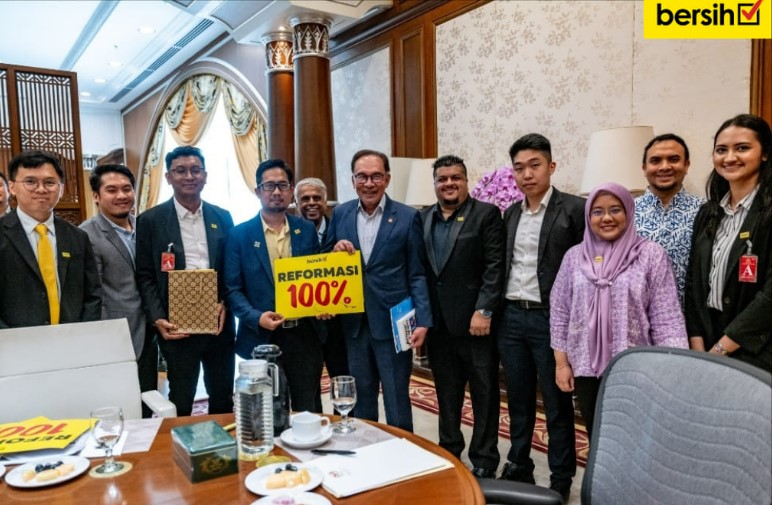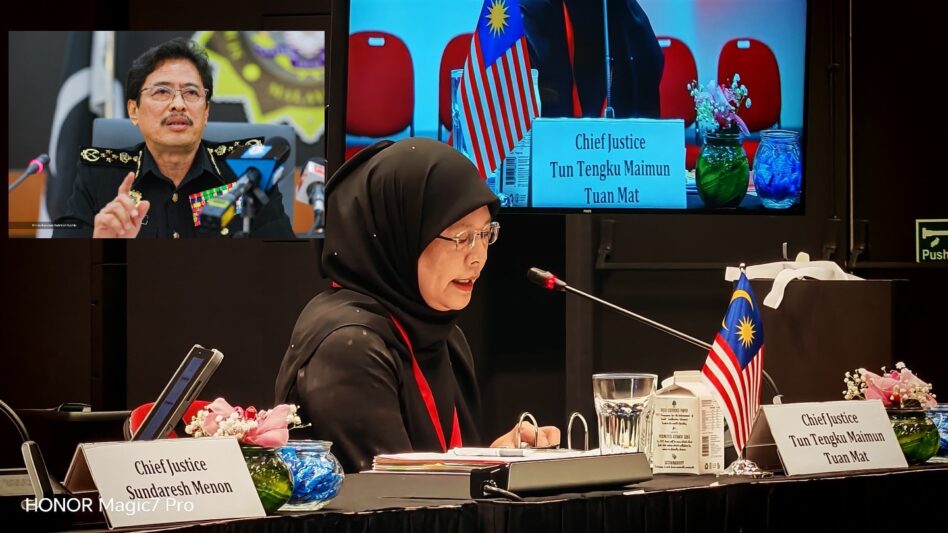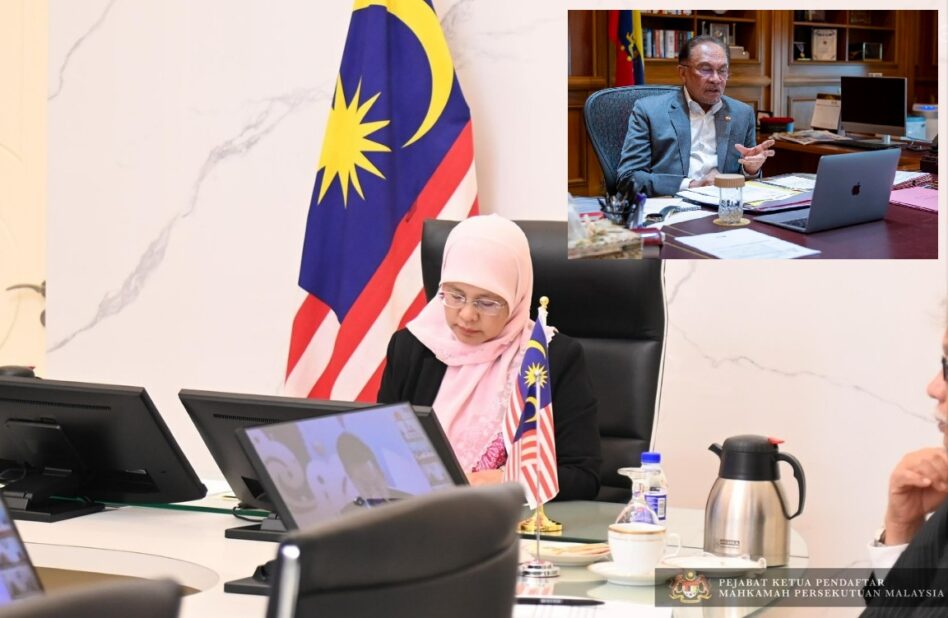FOLLOWING the gathering at the Parliament on Tuesday (Feb 27), the pro-reform group BERSIH (Coalition for Clean and Fair Election) had a meeting with Prime Minister Datuk Seri Anwar Ibrahim yesterday (Feb 28).
During the meeting which lasted for an hour, BERSIH presented a memorandum of 30 pages containing its demands and a 10-page research paper on the study undertaken in 2018.
Anwar as usual in his accommodating style said that the government is considering some of the reforms while others need further discussions before implementation.
The 10 reforms submitted by BERSIH are:
- Appointment of Election Commission chairperson and members;
- De-classifying the Electoral Reform Act;
- Election Offences Act;
- Political financing;
- Re-delineation Act;
- Separation of the powers of the attorney general and public prosecutor;
- Moratorium on discharge not amounting to acquittal (DNAA);
- Parliament Services Act and Standing Orders;
- Fixed Term Parliament Act; and
- Constituency Allocations Act.
While it was good of Anwar to meet the pro-reform group, I am not really convinced that he is serious about institutional reforms in the country.
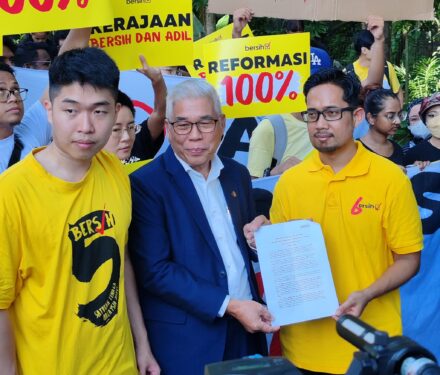
‘Good intention yet inconsistent’
Although Anwar said that the government was considering some of the reforms, he failed to explicate on them. It is strange that the man who was catapulted to political power on the bandwagon of reforms should be asked for their implementation.
It is nothing wrong for BERSIH, the electoral watchdog group to have met Anwar. If the meeting with Anwar contributes to the implementation of reforms, then BERSIH might have done the right thing.
While leaders of BERSIH are aware of the pitfalls of this early meeting with Anwar, they should not let down the pressure imposed on the Madani government.
Anwar might have all the good intentions in the world but he is not leader who is consistent.
He might have the habit of saying the “right things” to his audience but when it comes to the translation of good ideas into practice, Anwar lacks the confidence and qualities of a good statesman.
Political expediency, the need to stay in power, the politics of appeasement with UMNO and others seem to influence the politician Anwar.
Some who are gung-ho about public rallies in support of reforms might not have been too pleased with the meetings between BERSIH leaders and Anwar.
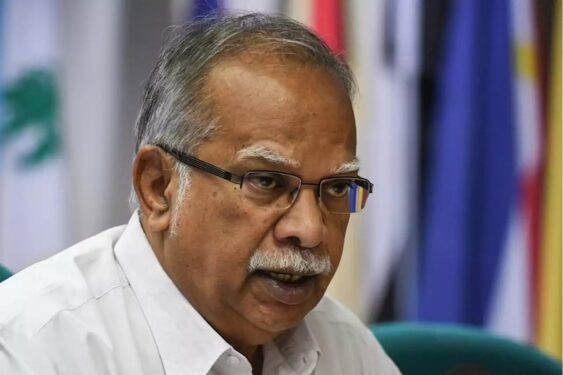
It is not that they don’t trust the present BERSIH leadership but they think that Anwar being Anwar might take them on long tortuous road of no reforms.
BERSIH’s meeting with Anwar was on the need to implement the 10 reforms proposed. But strange enough there was no timeline given to Anwar not on all the 10 items.
At least some of the urgent ones such as two terms for the Prime Minister, separation of the functions of the Attorney General and public prosecutor as well as the appointment of chairperson and members of the Election Commission (EC) merit a time-line.
These reforms are straightforward, hence do not require much discussions and study. If I am not mistaken, the reforms proposed by BERSIH were not too different to the ones proposed by the Pakatan Harapan (PH) coalition when they were in the opposition.
The question is why the change in the political attitude of the former diehard champions of reforms such as the DAP and PKR.
Does this mean that it is justified for leaders of these political parties which are backbone of PH to have two different diametrical attitudes once in the opposition and later in the government?
It is tragic that BERSIH had to be re-energised to spearhead the need for reforms under the PH-led government.
The PH political coalition that sought to hypocritically change the political landscape of Malaysia on the basis of far-reaching reforms seems opposed to them. – Feb 29, 2024
Former DAP stalwart and Penang chief minister II Prof Ramasamy Palanisamy is chairman of the Urimai (United Rights of Malaysian Party) Interim Council.
The views expressed are solely of the author and do not necessarily reflect those of Focus Malaysia.


